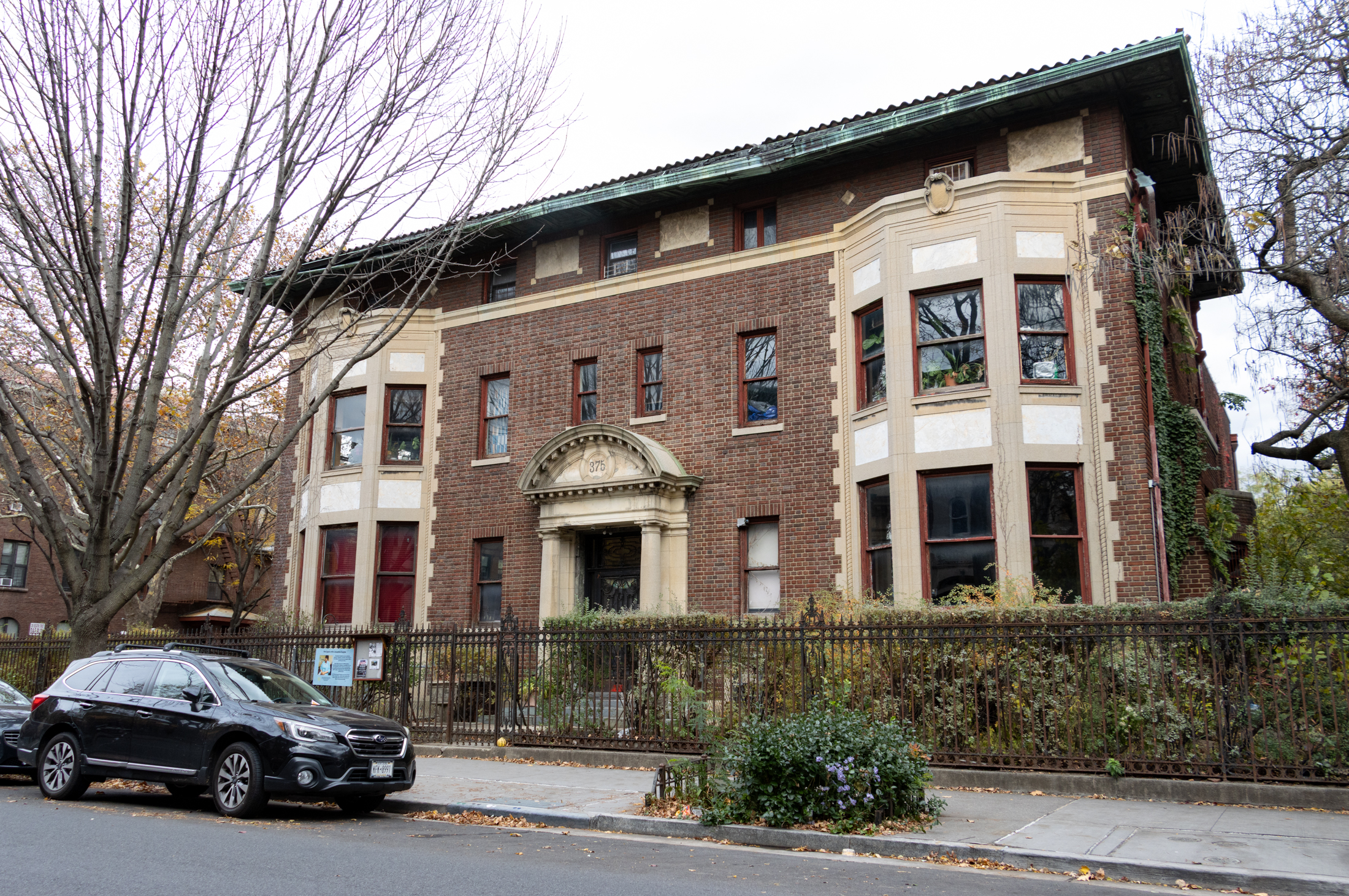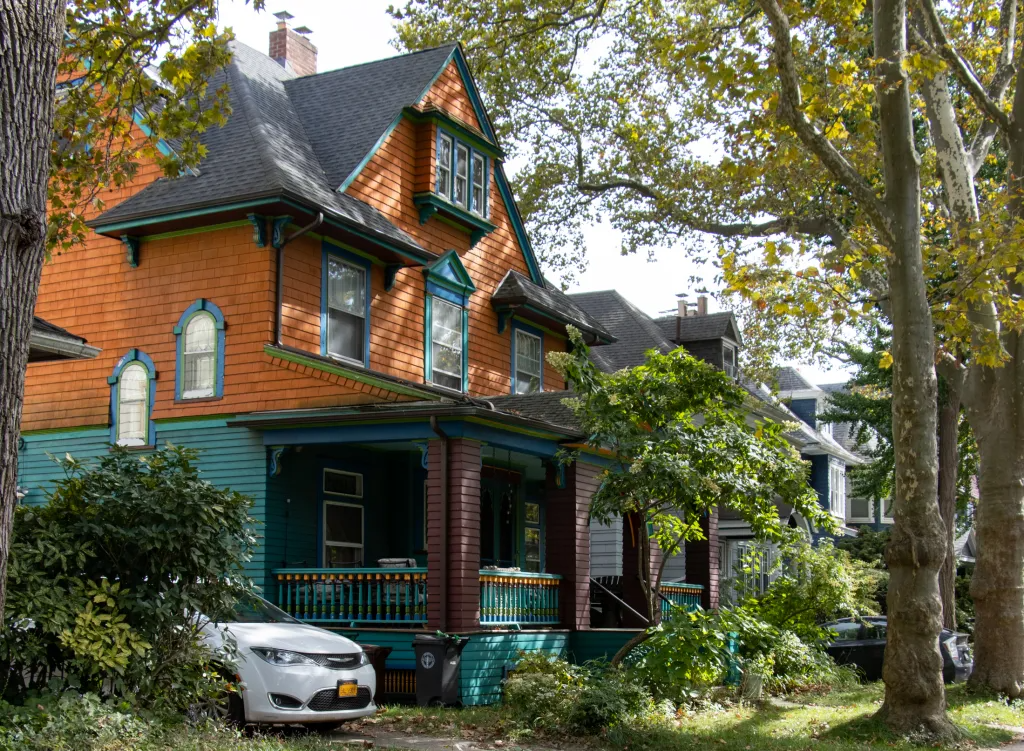Quote of the Day
When the government restricts return on any particular asset, that asset will be allowed to deteriorate until its value is low enough that it earns an acceptable return. If there is no value low enough, the asset will, one way or another, end up in the government’s hands and become a burden on taxpayers. Whoever…
![]() When the government restricts return on any particular asset, that asset will be allowed to deteriorate until its value is low enough that it earns an acceptable return. If there is no value low enough, the asset will, one way or another, end up in the government’s hands and become a burden on taxpayers. Whoever used the old saw “market failure” earlier in this discussion has successfully memorized a popular socialist catch phrase but does not appreciate the law of unintended consequences. If you force landlords to rent units at below market rents, the affected housing stock will slowly deteriorate. The remaining housing stock becomes prohibitively expensive, and new renters find it difficult or impossible to get into the below market units. The below market units effectively become a one-time property transfer from landlords (who actually took risk in buying and spend money for upkeep and repairs) to whoever had the dumb luck to be in a controlled apartment when the rules took effect. The controlled housing stock is tightly clutched in the hands of a less and less deserving population until it has to be pried from their dead hands, while over time the people who actually need affordable housing stock find it impossible to find because everything that isn’t being held until death is overpriced.
When the government restricts return on any particular asset, that asset will be allowed to deteriorate until its value is low enough that it earns an acceptable return. If there is no value low enough, the asset will, one way or another, end up in the government’s hands and become a burden on taxpayers. Whoever used the old saw “market failure” earlier in this discussion has successfully memorized a popular socialist catch phrase but does not appreciate the law of unintended consequences. If you force landlords to rent units at below market rents, the affected housing stock will slowly deteriorate. The remaining housing stock becomes prohibitively expensive, and new renters find it difficult or impossible to get into the below market units. The below market units effectively become a one-time property transfer from landlords (who actually took risk in buying and spend money for upkeep and repairs) to whoever had the dumb luck to be in a controlled apartment when the rules took effect. The controlled housing stock is tightly clutched in the hands of a less and less deserving population until it has to be pried from their dead hands, while over time the people who actually need affordable housing stock find it impossible to find because everything that isn’t being held until death is overpriced.
— by lechacal in Democratic Assembly Passes Pro-Tenant Legislation





cwb, as one of the few voices of reason on this thread (and the one it came from,) be prepared to be drowned by the voices of the anti-rent-control brigade. Stating facts, or appealing to justice or fairness, will get you nowhere.
DIBS – generally speaking, and this will probably make you like me less I guess, for which I’m sorry, but I am pretty socialist in my political leanings.
I generally feel like it’s the moral obligation of the rich to shoulder more of the load, not just sum-wise but percentage-wise, than the non-rich. Especially since being rich often is as much a case of luck and privilege as it is of hard work. No, it’s not a socialist country, but I often wish it was – or at least, leaned further in that direction.
However, I can absolutely see the pitfalls of over-regulation that lechacal is talking about and I *agree* that wanton application of rent control is the wrong way to go about things. I’m just struggling to think of what I would consider the right way to go about it.
Spot on indeed – what starts off intending to level the playing field usually winds up being controlled by those who figure out how to exploit it, with the “tax” being paid by those who were intended to benefit.
DIBS;
Polemecist was trying to be sarcastic. He actually agrees with Lechacal.
CWB;
I wonder how you and CMU (in an earlier thread) can make such a hypothesis, given the following two facts:
-other big cities do not have rent control, and don’t have the affordability issue that NYC does;
-the housing market in NYC has been distorted for more than 60 years. If you consider rent control, the projects, section 8 vouchers,80/20 projects and “affordable housing” subsidies, the government has a hand in setting the rent for more than 30% of the units in NYC. Yet at the same time, there are those who will say that the “market has not worked”. What market?? In NYC???
lechacal – I understand that point, I’m just not sure I fully believe it. Can you cite examples? Places like SF have – I believe – much less rent control than NYC. Yet SF’s real estate market is as expensive as New York’s. So I’m not sure that getting rid of rent control is necessarily going to result in reduced rates.
I’m not sure I think it’s fair to just let apartments be priced at whatever the market will bear, because in a city like this, what happens is all of the people with professional jobs – myself included – end up renting all of the good apartments, and all of the people with blue collar jobs end up having to live in shitty buildings that are 45+ minutes away from where they work.
If my job’s on the UES, I’d want to live on the UES — but if my job is selling shoes or waiting tables, there’s no way I can afford to live on the UES. You see what I mean?
Polemicist…please move somewhere where you can afford the rent. Everything lechacal said is spot on and steeped in proven economic and social history.
cw….the reasonable compromise in the middle is dictated by economic cycles. We do not live in a socialist country despite the Sheldon Silver’s of the state.
cwb – The whole point is that without any rent control there actually would be more affordable housing, and it would be much more fairly allocated.
On the other hand, if we don’t regulate at all, then everyone jacks their prices into the stratosphere and only the rich can afford to live where they work, despite depending on the not rich to do everything from repairing their buildings to making their lattes.
There has to be a reasonable compromise somewhere in the middle.
Lechacal, you are a heartless fool. How DARE you suggest that housing is not a basic human right! What kind of world do you think we live in? Especially these in these days of political change, we have little need for your pessimism. The days of capitalist abuse of the working man are over. Deal with it!